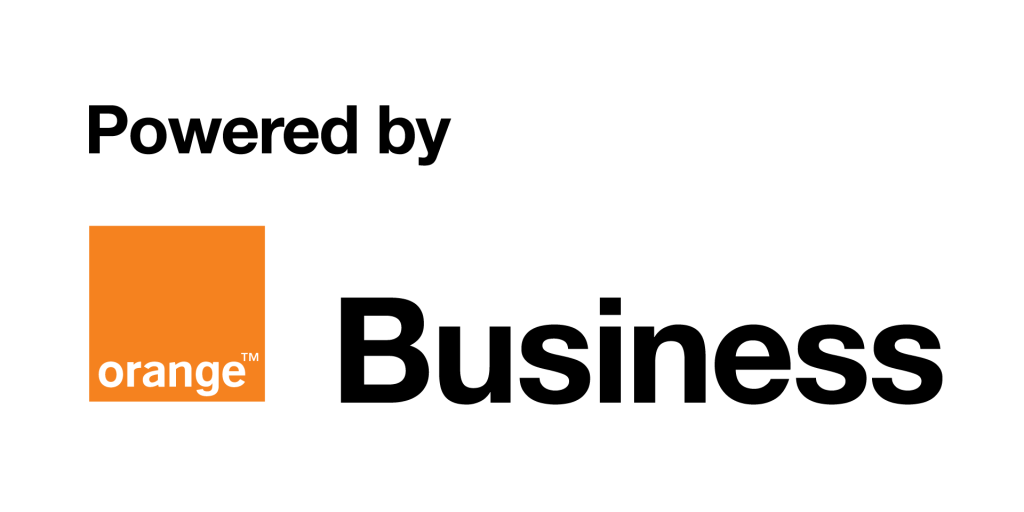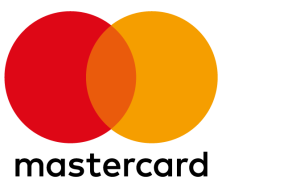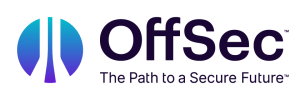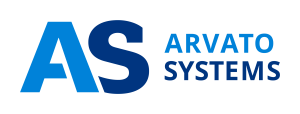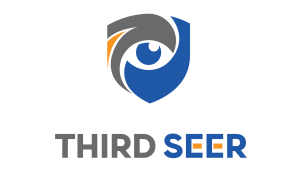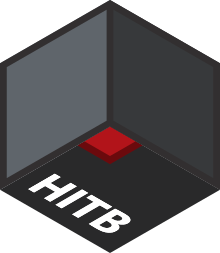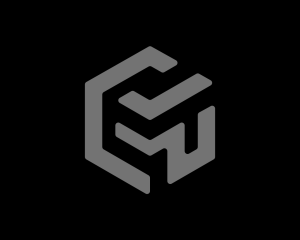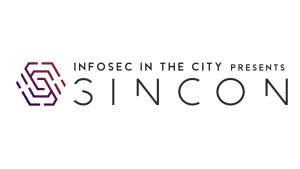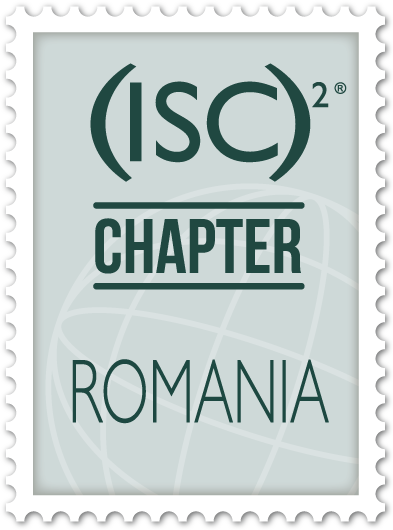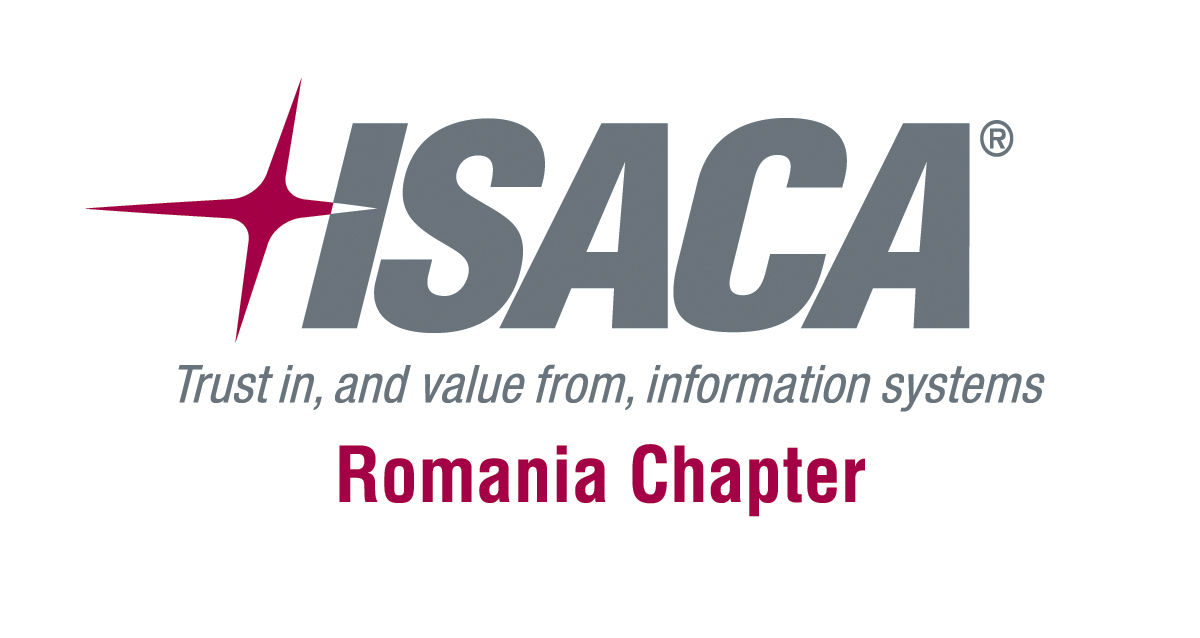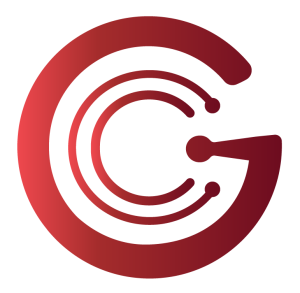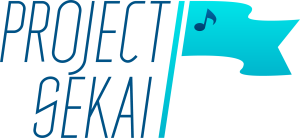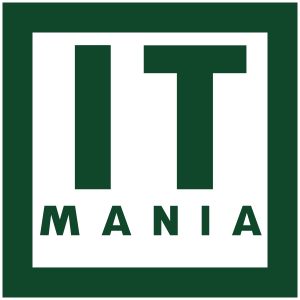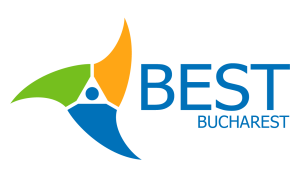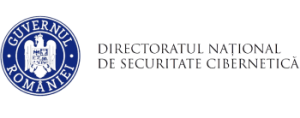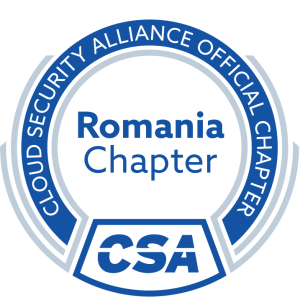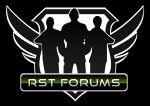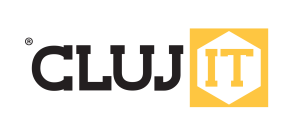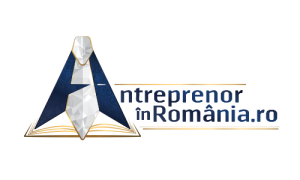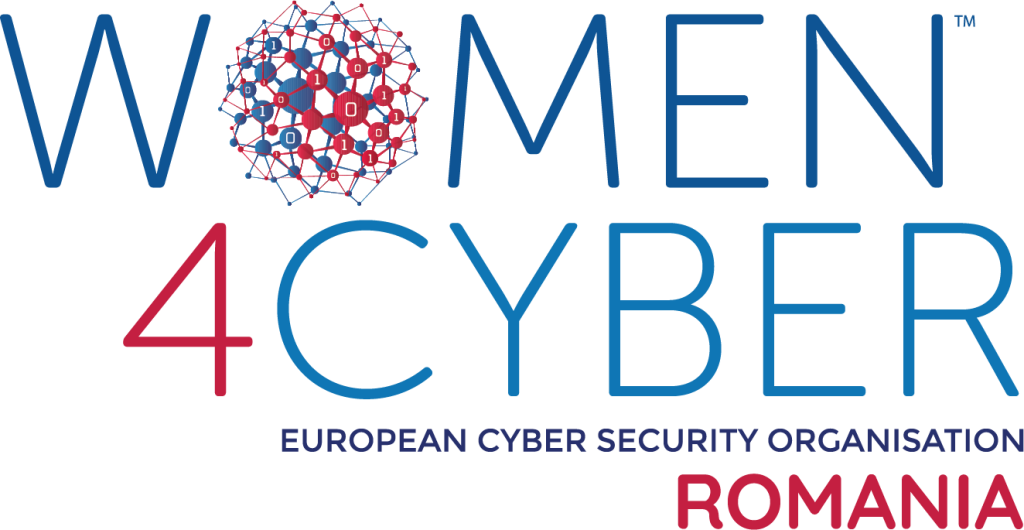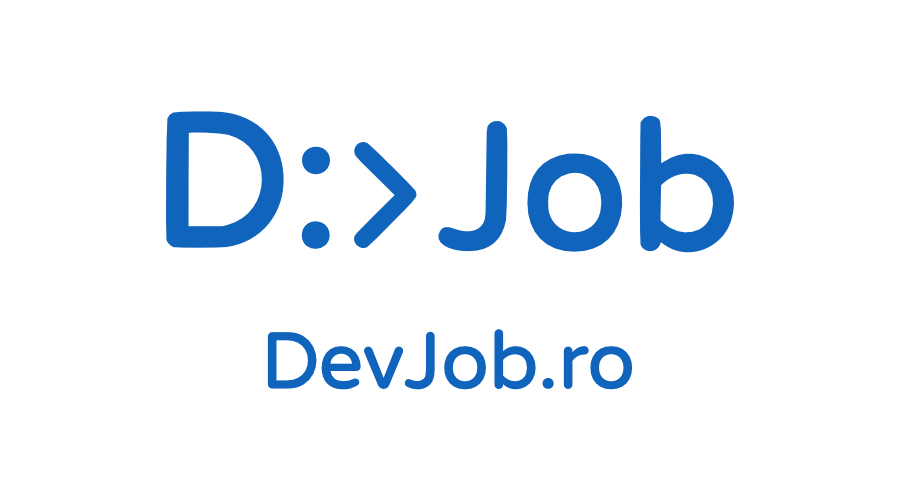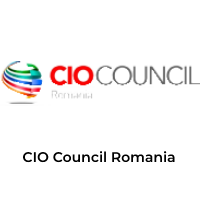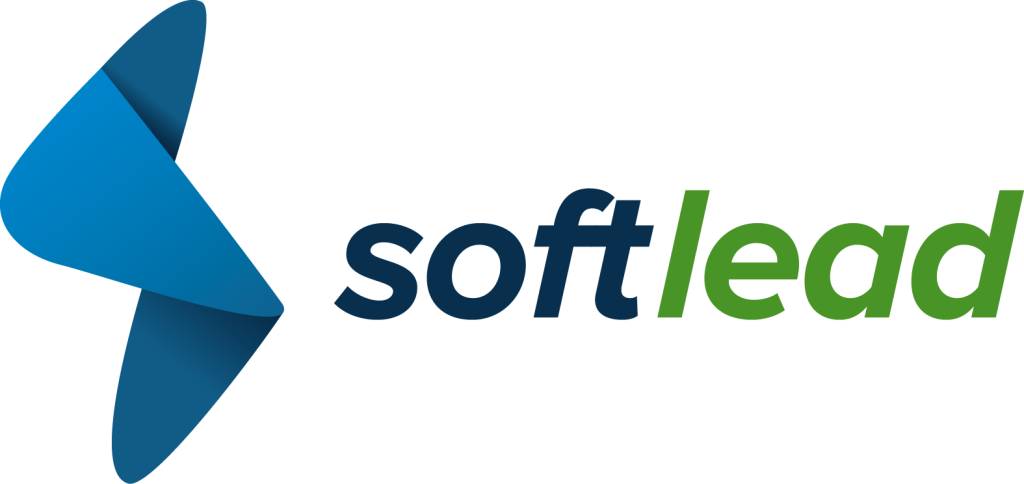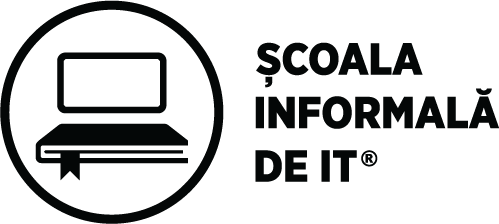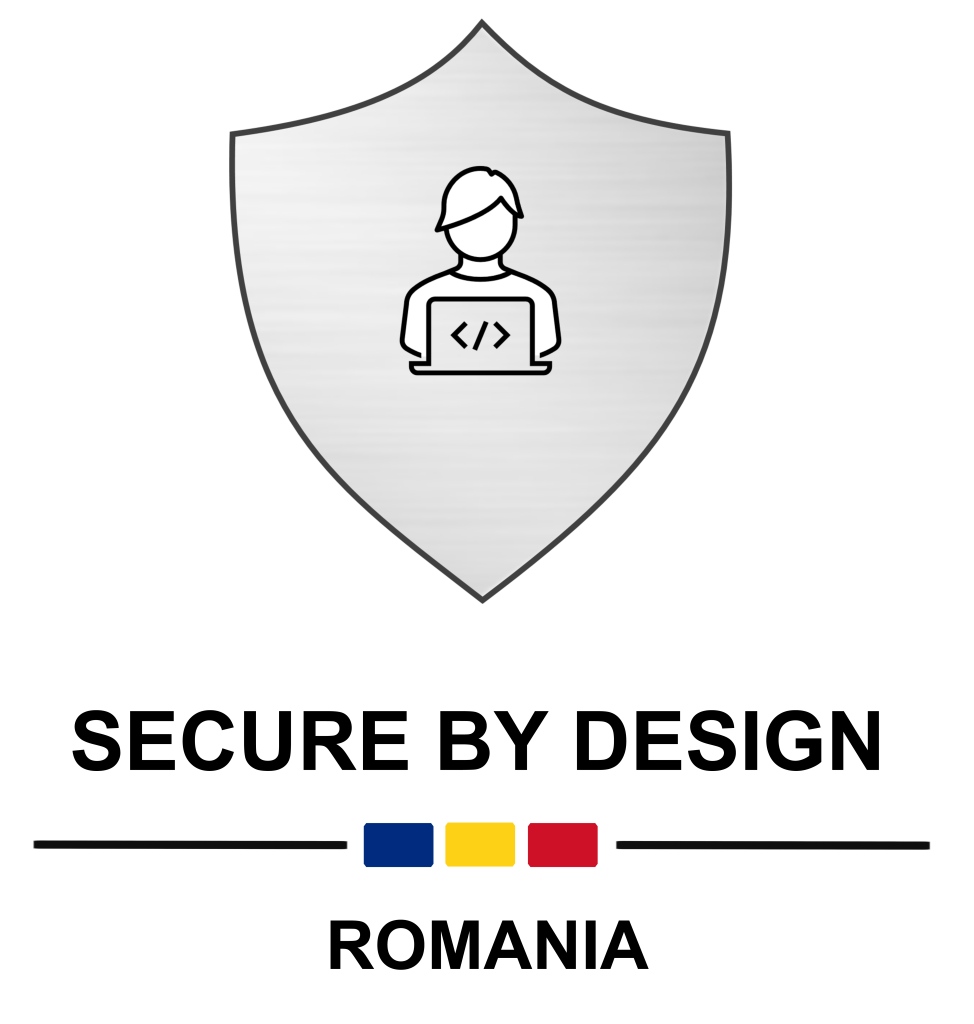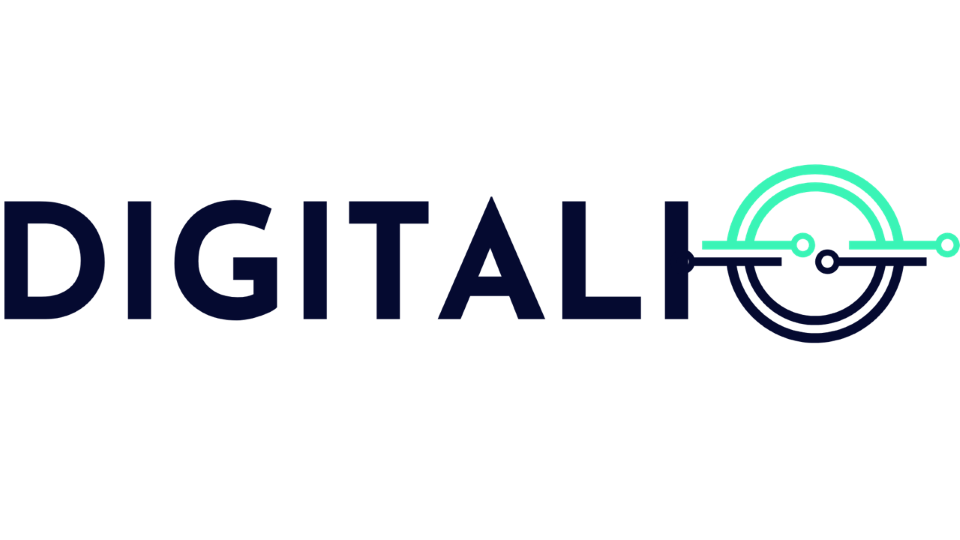Maksim Iavich
CEO and President Scientific Cyber Security Association
BIOGRAPHY
Maksim Iavich is PH.D. in mathematics and professor of computer science. He is CEO & President of Scientific Cyber Security Association (SCSA). Maksim is affiliate professor and the head of cyber security direction in Caucasus University. Maksim is cyber security consultant in Georgian and international organizations. He uses to be the invited speaker at international cyber security conferences and is the organizer of many scientific cyber security events. He has scientific awards in cyber security field. Maksim is the author of many scientific papers. The topics of the papers are: cyber security, cryptography, post-quantum cryptography, quantum cryptography, mathematical models and simulations.
Lattice based Merkle for post-quantum epoch
Scientists are actively working on the creation of quantum computers. Quantum computers can easily solve the problem of factoring the large numbers. Because of this, quantum computers are able to break the crypto system RSA, which is used in many products.
Hash based digital signatures are also the alternative of RSA. These systems use cryptographic hash function. The security of these systems depends on the resistance to collisions of the hash functions that they use. In the paper are analyzed hash based digital signature schemes, one time ones and Merkle. It is shown, that hash and one way functions must be used a lot of times during the implementation of hash based digital signature schemes. Great attention must be paid on security and efficiency of these functions. Hash functions are considered resistant to quantum computer attacks, but the Grover algorithm allows us to achieve quadratic acceleration in the search algorithms. It means that hash functions must be complicated to be secure against quantum computers attacks. Studies are conducted to determine the cost of attacks on SHA2 and SHA3 families of hash functions, using the Grover algorithm.
It is recommended to use lattice based constructions for one way and hash functions. Lattice based crypto systems are one of the alternatives of RSA. These crypto systems have very reliable security evidence based on “worst-case hardness” and are resistant to attacks of quantum computers. The security of lattice based crypto system is based on the complexity of lattice problems, the main one of which is the shortest vector (SVP) problem.
We propose to use as the hash function, the lattice-based hash function, and to use lattice based one-way function as an one-way function in hash-based digital signature schemes.
The family of one-way functions, suggested by Ajtai, can be used. In the case of hash functions, as the key, we select the matrix K from Zn×ma, which transforms mlog b into nlog a number of bits and we calculate h(x) = Kx mod a.
In the case of a one-way function, we select the matrix K from Zm×mb, as the key. It transforms mlog b into mlog b number of bits and we compute f(x) = Kx mod a.
In this version, it is proposed to use the one-way functions offered by Ajtai, it can be considered as the initial idea. It is worth considering the idea of using optimized one-way lattice based functions.
As the results we get secure hybrid of lattice based and hash based crypto system, that can be used in post-quantum epoch. The work was conducted as a part of joint project of Shota Rustaveli National Science Foundation and Science & Technology Center in Ukraine, Project N6321 [contract № STCU-2016-08]
Are you the next cyber security superstar?
If you are passionate about an information security topic or you have strong technical skills developing researches on your own, you should definitely Apply at Call for Papers. By submitting you will have the chance to showcase your work to +2000 attendees.
Other speakers joining this year
Razvan Bocu
Lecturer and Researcher at Dept. of Mathematics and Computer Science Transilvania University of Brasov
Radu-Emanuel Chiscariu
Security Research Engineer Ixia, a Keysight business
Stephan Gerling
Security Evangelist ROSEN Technology & Research Center GmbH
Ready for this year's presentations?
By registering you will unlock access to 60+ speakers and two full days with cyber security news & showcases from worldwide leaders.
COMPETITIONS
Sponsors & Partners
They help us make this conference possible.
POWERED BY
Orange Business is a key division of Orange Romania, specializing in providing cutting-edge communication, technology, and digital transformation solutions tailored to businesses of all sizes. With a strong emphasis on innovation, Orange Business offers a wide array of services, including high-speed connectivity, cloud computing, cybersecurity, Internet of Things (IoT), and managed services. Their mission is to support organizations in their digital transformation journey by enhancing operational efficiency, improving customer experience, and maintaining a competitive edge in a rapidly changing digital environment.
Orange Business combines deep technological expertise with a customer-centric approach, ensuring that each solution is customized to meet the specific needs of their clients. Their commitment to innovation and excellence makes them a trusted partner for businesses seeking to thrive in the digital age.
